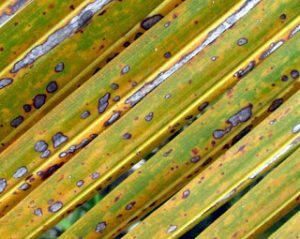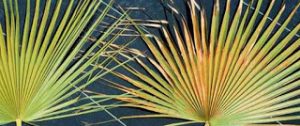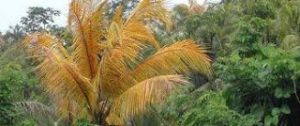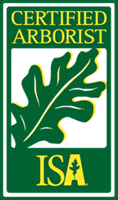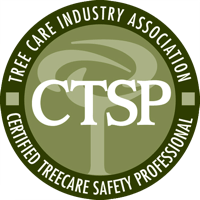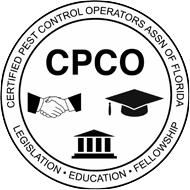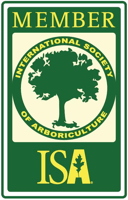Lethal yellowing has become a wide-spread problem for palms in Florida. During the last four decades, outbreaks of lethal yellowing disease have killed most of the once prevalent tall-type coconut cultivars in Florida and Jamaica. While coconuts are the most important economic palm affected by this disease, 35 other palm species are susceptible to lethal yellowing.
Lethal yellowing gets its name from the yellowing and drooping of palm fronds beginning with the lower fronds and advancing up through the crown. There is no cure for lethal yellowing although it can be controlled in valuable trees. The good news is that palms native to Florida are generally resistant to this disease.
How Lethal Yellowing Spreads
The lethal yellowing micro-organism is most likely spread by an insect, the planthopper. Research is continuing into the way in which this insect spreads the disease. Tests have demonstrated that insecticides can slow the spread of planthoppers and, with them, lethal yellowing. However, large-scale spraying using currently available chemicals is ecologically damaging and not economically viable.
The first visible sign that a palm has been infected is the dropping of all of its fruit, irrespective of their size. Over the next two months or so, the new flowers produced by the palm wither and blacken. Then the leaves progressively turn yellow and hang, starting from the lower leaves and finishing with the top leaves. Once the top leaves have gone, the palm is dead and all which is left is something resembling a telephone pole.
The control of lethal yellowing in disease susceptible palms has proven to be very successful, however in order to accomplish this, three things must occur.(1)The proper chemical, oxytetracyclene hydrochloride – (OTC), must be used for the control of lethal yellowing.(2) Injections must be made on a timely basis. Four times per year depending on the degree of current infection or future protection desired.(3)The injections must be applied by a trained technician using the proper syringe and receptacle.
For more information on protecting your palm trees against lethal yellowing, call Zimmerman Tree Service, Certified Arborist, at (561) 968-1045 or email us today!

